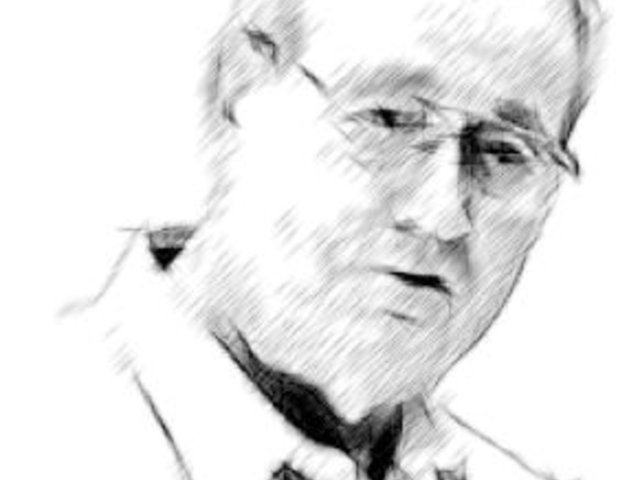 This week, we received the news that Dr. Dallas Willard had passed away. As a philosophy professor from USC, Dallas influenced millions through his books and teachings on topics of spiritual formation, particularly myself. Spending some time with him in the summer of 2010 was actually one of motivations for me writing The Good Life Crisis.
This week, we received the news that Dr. Dallas Willard had passed away. As a philosophy professor from USC, Dallas influenced millions through his books and teachings on topics of spiritual formation, particularly myself. Spending some time with him in the summer of 2010 was actually one of motivations for me writing The Good Life Crisis.
Having not written an blog post for some time, I thought it would be fitting to restart by posting the chapter in the book devoted to my interview with Dallas. I hope his ideas will be as instrumental to you as they have been for me.
A Lesson in Philosophy
I first met Dallas in Washington D.C. when traveling with him to Maryland’s Eastern Shore for a conference on science and faith. On our two-hour drive, I was able to ask him about the Good Life, and it was as if he already had a lecture prepared on the subject.
When I asked him about the Good Life, he noted that it’s one of the best questions we can ever ask as humans. However, he thought it was “too big” of a question. To adequately answer this question, he said we need to break it up in four other questions (leave it to a philosopher to answer your question with more questions):
- What is real?
- Who is well off?
- Who is a good person?
- How do I get to be a good person?
I’ll try to provide you with a response to these four questions as eloquently as he communicated them to me during our drive.
What is real?
Dallas admitted that this is a profound question. Even more importantly, it is question that no one has any authority to answer. He asked me if I had ever heard of a Department of Reality at a university. I told that we had some pretty eccentric professors at Yale whose research was in obscure fields, but they were not bold enough to work in “reality studies.” He admitted that the same was true at USC. He then told me that this leaves the question open for anyone in academia to pursue (science, politics, religion, etc.).
Dallas told me that this first question pivots on answers to other fundamental questions such as: “What can we count on?” “What is at stake in life?” and “What are the things that guide our lives?”
Dallas’s personal answer does not rely on his philosophical research, but rather on his religious beliefs. He said that he views the spiritual dimension of life as the highest realm of reality. Therefore, the thing which is most real to him is interacting with a God who can reveal truths to us through life events and Scriptures. Under his view, what is at stake in our lives is having the chance to have eternal life with a God who wants to have a relationship with His creation.
Dallas briefly mentioned other popular views of reality. One could believe in a power-based version of reality in which life is about gaining the most money or power within one’s society. Or, one can take a scientific materialism view that leads people to believe that we are just a bunch of atoms that have coalesced by chance to produce this thing called life. He admitted that he is a philosophy professor, so he lets others decide what version they think is best for them.
Who is Well Off?
Dallas quickly noted how one’s answer to the second question is totally dependent on one’s answer to the first. Since his version of reality is based on theological beliefs, his answer is “anyone who lives interactively with God.” More specifically, he was referring to those who want to accomplish the will of God and want to have an eternal relationship with God that will start here on earth. He calls this “living in the Kingdom of God.”
Who is a good person?
Again, this question is totally dependent on the previous question. For Dallas, he recognizes that we all have faults and will always make wrong choices. Since we will always make mistakes and cannot change our condition, a good person is one who accepts God’s invitation on how to have a good life. Basically, a good person is one who has found their purpose in life and has committed to pursuing things that are greater than their individual existence.
How can I be a good person?
Before he gave me his answer, I told him that this question sounded the same as #3. He assured me there was a slight nuance between the two. He noted that this fourth question emphasizes action. This idea of “action” and “doing” has been a major theme within his bestselling works.
Dallas believes that many of his fellow Christians leave out the action component of following Jesus’ teachings. Their actions do not reflect the type of life that Jesus taught about. He says that many religious people only have belief; they incorrectly believe they are good people because they have recited a specific prayer or belong to a church. However, their beliefs are not true convictions because they do not produce action.
The strength of a man’s virtue should not be measured by his special exertions, but by his habitual acts.
–Blaise Pascal
Post Footer automatically generated by Add Post Footer Plugin for wordpress.





